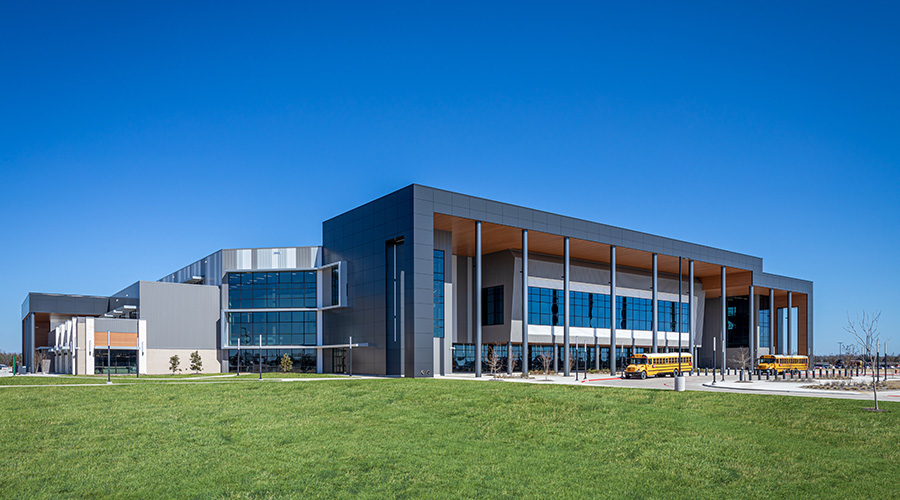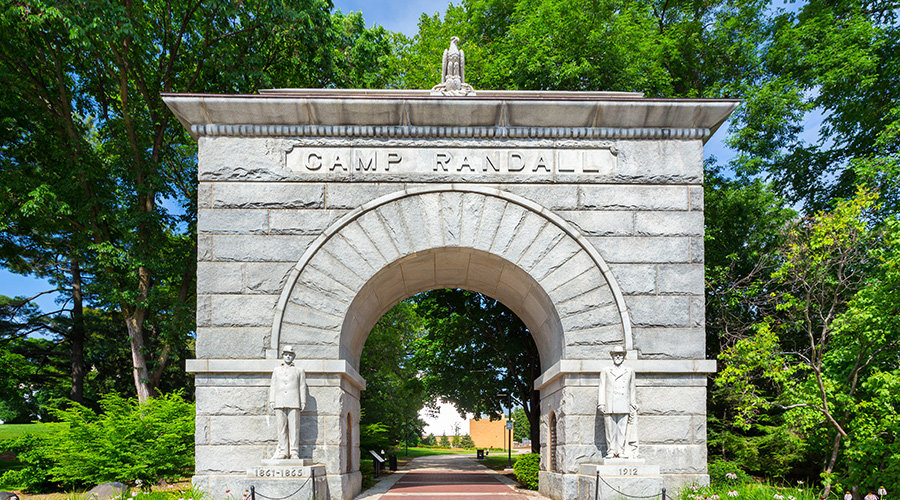
Optimize School Facility Management During Summer Months
Summers can be carefree, but not for education facilities managers. July 1, 2024
By Mackenna Moralez, Associate Editor
Facilities management is a complex job that is of a high standard. If something goes wrong in a building, the facilities team will hear about it. Because of this, it is crucial that managers keep track of everything that they do and the time it takes to do it. This is especially essential in education facilities as often budgets for maintenance and other larger-scale projects must be approved by school boards or through a general public election.
During the summer, though, it can be easy to think that projects don’t need to be tracked because there’s no one else in the building. However, that can only create bigger problems as things go unaccounted for. FacilitiesNet recently spoke with Christopher Burns, senior product manager of Incident IQ on how managers can work on projects during the summer without compromising operations.
FacilitiesNet: How should managers address maintenance for different types of facilities (e.g., classrooms, sports facilities, administrative offices)?
Christopher Burns: Using platforms that provide a detailed maintenance calendar and that send you notifications about routine tasks is a great way to stay on top of the various facilities on campus. These platforms also streamline workflows and eliminate redundancies to ensure every part of a campus infrastructure gets the attention it needs. Building out your task schedule in as much detail as possible, and adding to it as you go, will give you a facilities management plan customized to your school, so you’ll never forget to disinfect the locker rooms or dust the teachers’ favorite printer. You’ll also want to establish a sound training plan, so your team knows how to use your school’s different systems and can provide a higher level of service.
FacilitiesNet: How should managers coordinate with their team and ensure everyone is aware of their responsibilities during the summer maintenance period?
Burns: Keep everyone on the same page by using a shared platform that automates tasks, routes work orders automatically, and shows what is being done, where, and by whom. Find tools that can also auto-generate and auto-send reports to ensure everyone is working from current information. It can be helpful to hold a start-of-summer meeting with your team where you lay out top priorities, responsibilities, and address questions or concerns. You could also offer an online or in-person training course to expand your team’s capabilities and provide insight about the facilities they’ll encounter.
FacilitiesNet: What steps should be taken to ensure minimal disruption to summer school programs or other activities taking place on campus?
Burns: When possible, schedule tasks and inspections to be done outside summer school program hours. Collaboration with others across the school is key here. Make sure there are tools for teachers and staff to easily communicate changes or needs to you, and vice versa. If students are using a certain building for six weeks during the summer, you could focus on getting other facilities up to standard during that time, and then shift gears once students leave. Following your preventive maintenance plan to the letter, not just during the summer but all the time, will help reduce disruptions in general simply by reducing the number of equipment failures you have to deal with.
FacilitiesNet: What common mistakes should other facilities managers avoid during their summer maintenance efforts?
Burns: I think the biggest mistake is to create inefficiencies for yourself, the next biggest is to fail to include work in your preventive maintenance plan, and the next biggest after that is to ignore the plan. When you’re staring at a gigantic list of tasks required to get facilities ready for the school year, it’s tempting to just go full speed ahead and spend less time planning. But if you have technology that streamlines processes in place, you’ll do way less work down the line and keep spending down. Then it’s just a matter of including necessary tasks in your calendar and executing them.
Mackenna Moralez is the associate editor of the facilities market.
Next
Read next on FacilitiesNet












